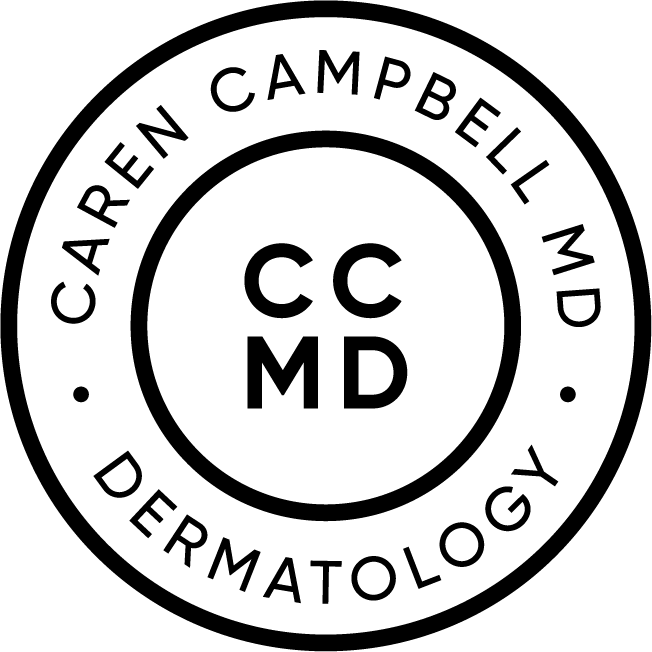Rosacea
What is Rosacea
Rosacea is a chronic inflammatory skin condition developing in early to late adulthood in fair-skinned individuals. Rosacea can rang from transient, mild flushing and blushing to thickened, rubbery skin texture changes with acne-like bumps.
What causes rosacea?
The cause of rosacea is unknown. It is more common in women and those with lighter skin types and presents in adulthood.
Is there a cure for rosacea?
Rosacea is a chronic condition, meaning there is no cure and it does not self-resolve. The good news is there are a number of treatment options available to help calm the inflammation of the skin.
Is all rosacea the same?
No. There are different types of rosacea:
Telangiectatic rosacea causes redness, flushing and blushing of the involved areas
Papulopustular rosacea looks like acne lesions, red pumps and pus bumps, on the central face
Rhimophymatous rosacea manifests as slowly enlarging oil glands on the nose and central face with thickening and textural change of the skin
Ocular rosacea presents with burning, stinging or a gritty sensation of sand in your eyes
How do I treat my rosacea?
Treatments for rosacea are aimed at decreasing inflammation or the number of broken blood vessels in the skin. Some patients respond better to different anti-inflammatories than others. Dr. Campbell will usually do a trial of 1-2 topical and/or oral medications based on patient preference and rosacea type for 1-2 months until the best medication treatment combination is achieved. Blood vessels can be reduced in number with appropriate lasers.
Some of the anti-inflammatory agents available for rosacea include: topical and oral antibiotics, sulfur based washes and topical creams and lotions, azelaic acid, and ivermectin.
Wearing make-up with green under tones can help mask the underlying redness caused by the rosacea.
How can I prevent flares of my rosacea?
Avoiding triggers that increase blood flow to the face can help prevent flares of rosacea. Triggers for rosacea include sun, wind, spicy foods, alcohol, hot beverages, exercise, and stress.

